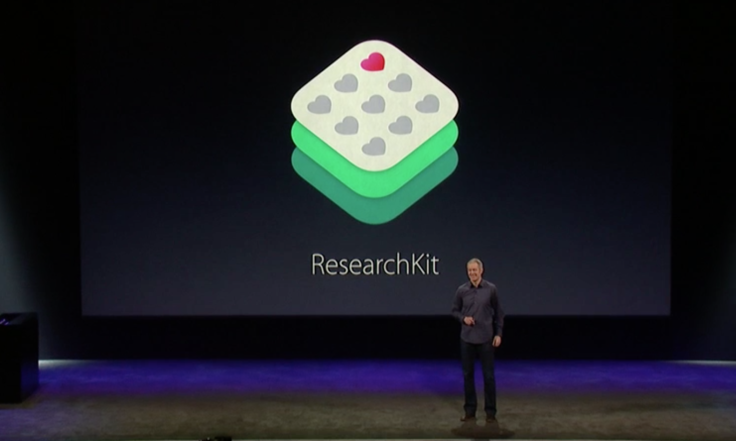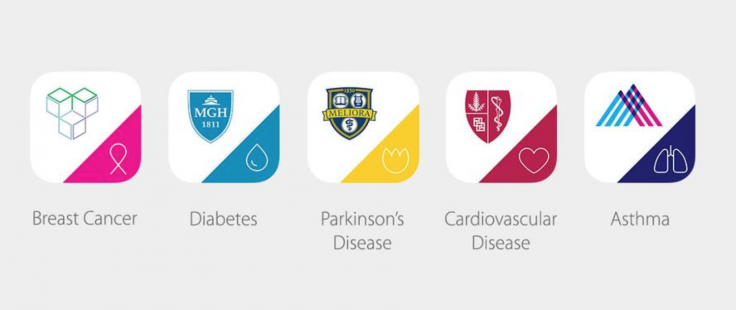Apple ResearchKit iPhone apps gain year's worth of medical trial applicants in 24 hours

Just days after being announced by Apple, ResearchKit is already proving to be a success, with Stanford University gathering a year's worth of applicants for a cardiovascular study in just 24 hours.
Less than a day after ResearchKit was announced as a way for the medical industry to use the iPhone's screen, microphone and sensors to help diagnose and monitor conditions like Parkinson's, 11,000 people had signed up for the Stanford study.
Praising "the power of the phone," Alan Yeung, medical director of Stanford Cardiovascular Health, said to get over 10,000 applicants enrolled on a study without ResearchKit "would take a year and 50 medical centres around the country."
Instead of relying on volunteers actively seeking out studies and enrolling in them, with ResearchKit Apple has given universities and medical researchers a pool of hundreds of millions of iPhone users who can participate in studies through apps.
Examples of how ResearchKit can be used include analysis of vocal cords by asking iPhone users to speak into the microphone; tapping the screen repeatedly can help diagnose the early stages of Parkinson's; and the phone's accelerometer and gyroscope can work to analyse a user's gait.
An app created by Parkinson's Research had 5,589 consenting users within 24 hours of Apple announcing ResearchKit, and although it isn't known how much the app cost to develop, a traditional trial with around 800 participants over five years would cost $60 million, Bloomberg reports.
But the system isn't without its drawbacks. Firstly, gathering such large sample groups can be problematic, and the ease with which users can enroll in studies raises questions about how much attention they are giving the apps.

Bias times a million is still bias
"Just collecting lots of information about people - who may or may not have a particular disease, and may or may not represent the typical patient - could just add noise and distraction...bias times a million is still bias" said Lisa Schwartz, a professor at the Dartmouth Institute for health Policy and Clinical Practice, speaking to Bloomberg.
Research by polling company CiviScience claims iPhone users are more likely to hold a degree than the average Android user, and have a higher income. Both of these factors could skew results gathered by ResearchKit apps. Using the apps incorrectly - such as pressing the wrong buttons by accident - could also cause problems with data collection, claims Michael Gibson, a professor at Harvard Medical School.
But using an iPhone instead of a researcher asking volunteers in person has its benefits. Using the handset's sensors could produce more accurate results than asking questions, which candidates have been known to answer incorrectly, especially if answering accurately would paint a negative picture of them and their health.
"People don't want to say they did zero exercise - they want to say they did something...they don't really tell us the truth," Yeung said.
© Copyright IBTimes 2025. All rights reserved.





















